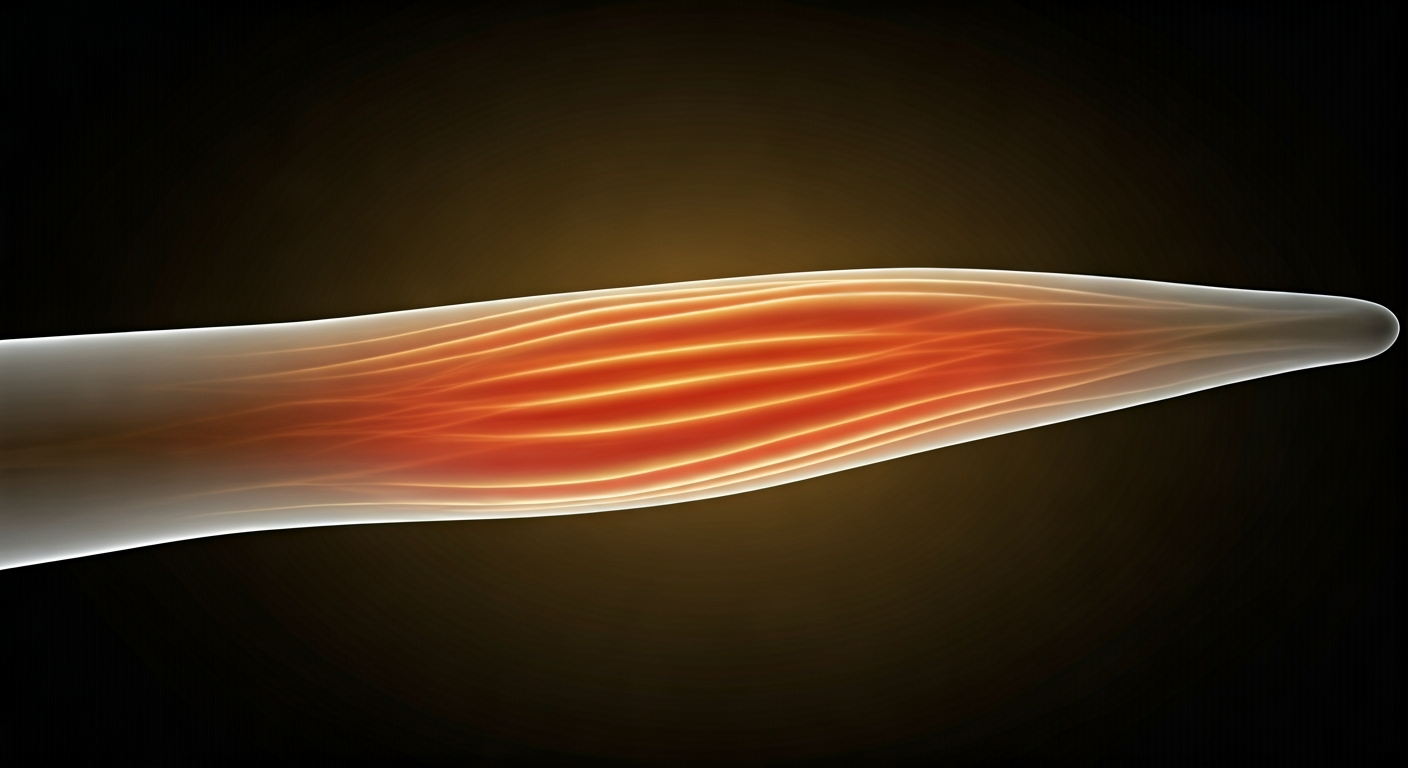Angioedema
Rapid swelling of deep skin layers and mucous membranes requires specialized diagnosis and treatment. We identify the underlying cause and provide targeted therapies to prevent life-threatening episodes.

Understanding Angioedema Severity
Swelling can range from mild to life-threatening depending on location and cause.
Mild Swelling
Lips, eyelids, mild facial swelling
Most commonModerate Episodes
Extensive face, hands, feet swelling
May need treatmentSevere/Laryngeal
Throat swelling, airway compromise
Medical emergencyTypes of Angioedema
Hereditary Angioedema (HAE)
Genetic C1 esterase inhibitor deficiency
Rare genetic disorder causing recurrent episodes of severe swelling. Often misdiagnosed for years.
Allergic Angioedema
IgE-mediated allergic reaction
Rapid swelling following exposure to allergens like foods, medications, or insect stings.
ACE Inhibitor-Induced
Medication-induced angioedema
Common cause in adults taking ACE inhibitors or ARBs. Can occur months to years after starting medication.
Idiopathic Angioedema
Unknown cause
No identifiable trigger after thorough evaluation. May be chronic or recurrent with unknown etiology.
Diagnostic Testing Process
Comprehensive evaluation to identify the underlying cause
Clinical History
Detailed evaluation of episode patterns, triggers, family history, and current medications.
C1 Esterase Inhibitor Testing
Blood tests for C1-INH levels and function to diagnose hereditary angioedema.
Allergy Testing
Skin tests and specific IgE testing for suspected allergen triggers.
Additional Studies
Complement levels, tryptase, and other specialized tests as indicated.
Treatment Plan
Personalized management strategy based on type and severity of angioedema.
Treatment Approach
Tailored therapy based on angioedema type and severity
Acute Treatment
Emergency management of severe episodes with appropriate medications
Trigger Avoidance
Identify and eliminate known triggers when possible
Prophylactic Therapy
Long-term prevention for recurrent episodes
On-Demand Treatment
Self-administered medications for breakthrough episodes
Emergency Planning
Comprehensive action plan for severe reactions
Specialized Care
Expert management for different types and patient populations
🧬 Hereditary Angioedema
Specialized HAE management with access to latest therapies including C1-INH concentrates and kallikrein inhibitors.
- Genetic counseling & family screening
- Prophylactic & on-demand treatments
- Emergency action plans
👶 Pediatric Patients
Age-appropriate evaluation and treatment protocols with focus on early diagnosis and family support.
- Child-friendly testing approaches
- School emergency planning
- Growth & development monitoring
🤰 Pregnancy Management
Safe treatment protocols during pregnancy with specialized care for mother and baby.
- Pregnancy-safe medications
- Delivery & breastfeeding planning
- Newborn screening protocols
🏥 Severe/Recurrent Cases
Comprehensive management for frequent episodes with advanced monitoring and prevention strategies.
- Episode tracking & trigger analysis
- Treatment optimization
- Quality of life improvement
Angioedema Emergency Kit
Essential items for angioedema patients
EpiPen (if allergic)
For allergic angioedema
HAE Medication
C1-INH or kallikrein inhibitor
Medical Alert ID
Type of angioedema identified
Emergency Plan
Written action plan
Emergency Contacts
Specialist & hospital info
Medical Records
Test results & diagnosis
Common Questions
Everything you need to know about angioedema
Don't Let Angioedema Control Your Life
Get expert diagnosis and treatment from specialists who understand all types of angioedema.
Emergency protocols available • Specialized HAE treatments • Insurance accepted